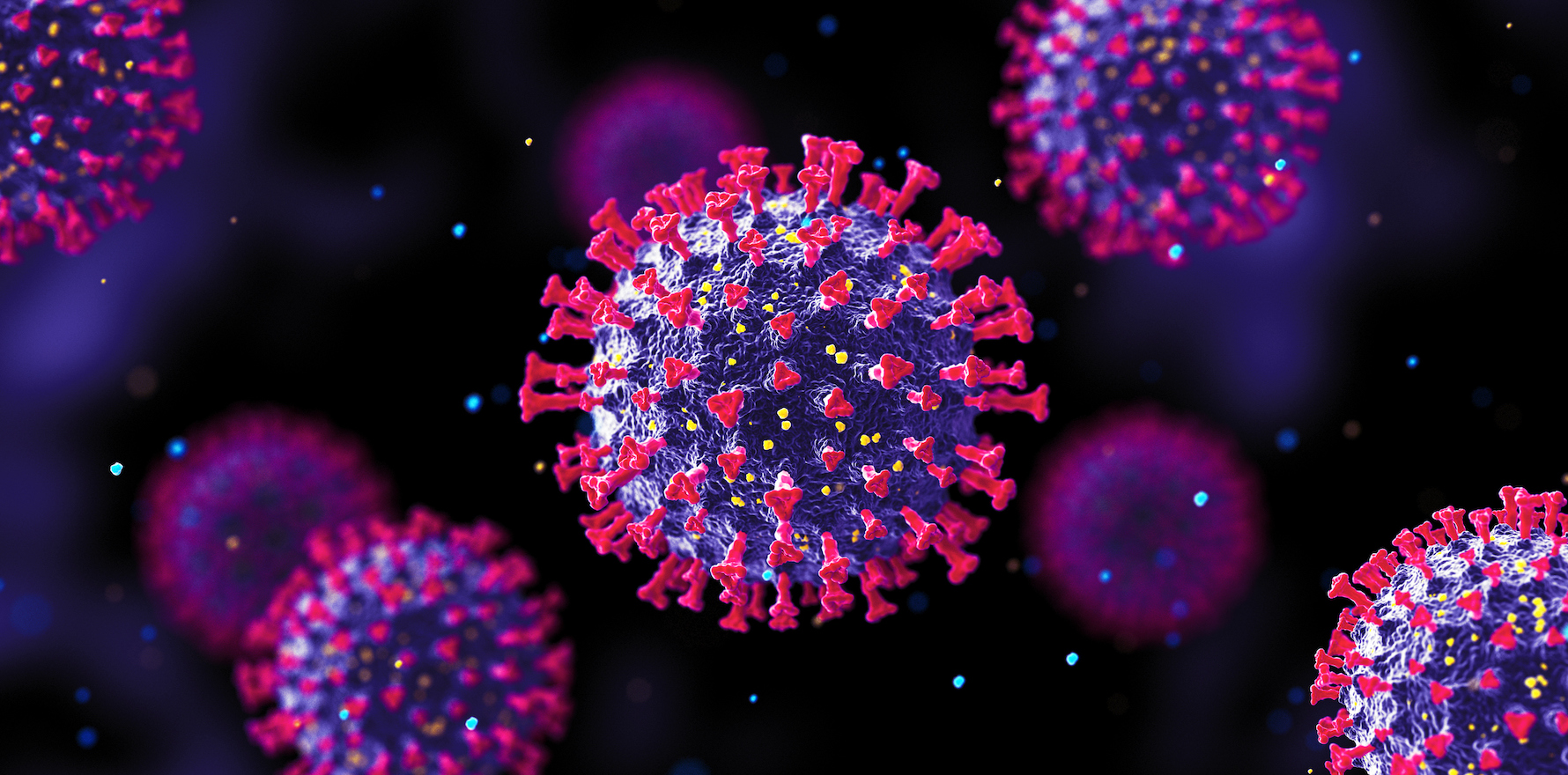The Victorian immunity and infectious disease research centre is establishing an institute in preparation for future pandemics.
National coordination at all levels – data collection, research and rollout – facilitated by institutes like the newly founded Australian Institute for Infectious Disease is a must in the fight against future pandemics, says the Peter Doherty Institute for Infection and Immunity in its submission to the upcoming federal covid inquiry.
In its submission to the inquiry, published earlier this week, the Doherty Institute outlined key lessons it learnt regarding data collection, research, public testing and vaccinations from its position as a “first responder to any outbreak in Victoria and across [its] region”.
In its recommendations, the Doherty also highlighted the need for supply chain management at a national level to ensure equity in access to testing materials, as well as vaccines and therapeutics, and continued investment in skilled staff and equipment “to ensure capability and capacity for pathogen agnostic diagnostics and outbreak responses”.
Data collection and analysis should also be coordinated at a national level, ideally through the newly established Australian Centre for Disease Control (ACDC), the submission said.
To enable accurate interpretation and application of the data, the submission recommended all genomic data and analyses be shared nationally “using secure platforms such as AusTrakka with clearly defined governance agreements, roles and responsibilities for Commonwealth and state government and public health laboratories”.
To improve research, the institute recommended “strategic funding” prioritising “large scale collaborative programs” over isolated teams.
Related
The group also recommended “pre-approved protocols” and “streamlined ethics approvals” that could be “extend across relevant pathogens”, to make clinical trials more efficient.
According to the submission, Australia also requires more research facilities suitable for animal and human research into infectious diseases, known as PC3 facilities, to avoid delays in research.
“Development of a national network of trusted scientific and public health communication experts to guide community engagement and public messaging” is also a must, added the submission.
The Doherty Institute also recommended developing a network of research institutes trusted to conduct efficient research that can inform public health policy and action.
In addition, the submission recommended improved vaccine evaluation, increased capacity for community-based therapeutic trials and better communication between laboratories, clinicians and researchers “to ensure rapid applied research for public health responses”.
In partnership with the University of Melbourne and the Burnet Institute and with backing from the Victorian government, the Doherty Institute has founded the Australian Insititute for Infectious Disease (AIID), which is due to complete construction by 2027.
“This new Institute will house the largest critical mass of scientists and public health professionals in the southern hemisphere, coupled with state-of-the-art technologies and industry partnerships needed to protect Australia and the Asia-Pacific region from global health issues,” the institute said in its submission.
“The establishment of the AIID will contribute to several critical infrastructure and capability gaps identified in our response to covid-19, in conjunction with identified improvements from this Inquiry,” it said.
The final report for the federal government’s independent covid inquiry is set to be published 30 September this year.
The year-long inquiry is led by the former director-general of NSW Health Robyn Kruk, epidemiologist Professor Catherine Bennett and health economist Dr Angela Jackson – is set to deliver recommendations to be enacted in the case of a future pandemic.





